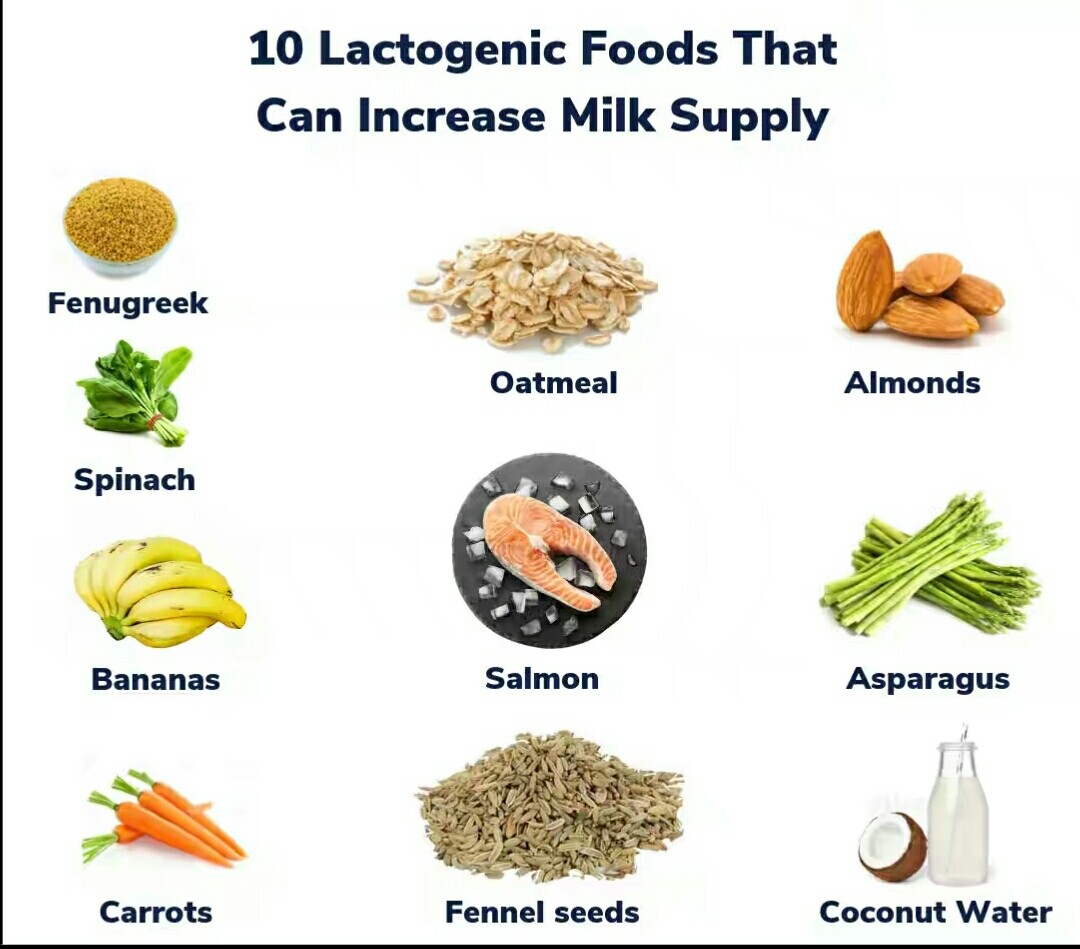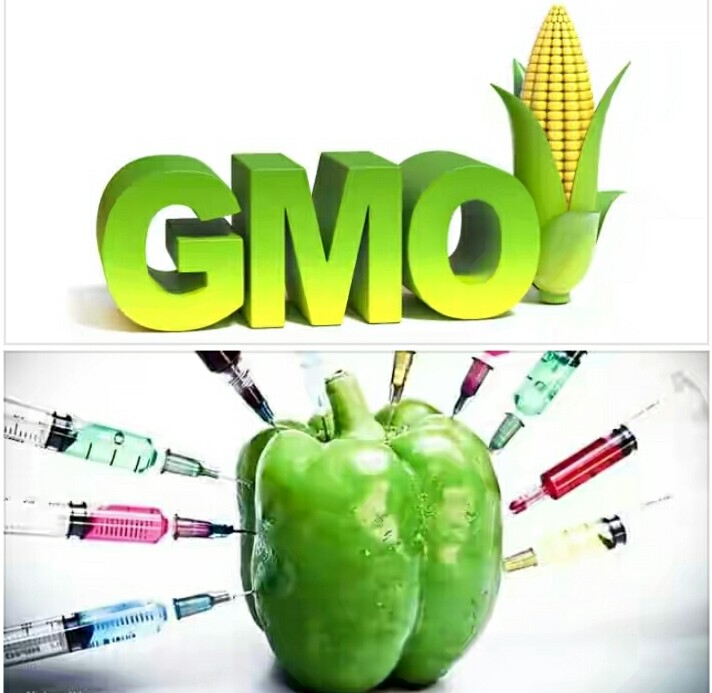How does genetically modified food affect the human body and body, An Essay on genetically modified food impact on human health, Genetically modified food: pros and cons
DOES EATING GENETICALLY MODIFIED FOODS CAUSE CANCER?
A 2013, University of Perugia study that reviewed data on Genetically modified crops from the previous decade concluded, “The scientific research conducted so far has not detected any significant hazards directly connected with the use of GE [genetically engineered] crops”.
Another review, published in the Journal of Animal Science in 2014, examined the safety of GM food by looking at its effect on the animals that consumed it. The researchers, led by geneticist Alison Van Eenennaam of the University of California, collated animal health and productivity data for a period of almost 30 years (between 1983 and 2011), before and after the introduction of GM feed in the US in 1996. The study’s findings, representing over 100 billion GM-crop fed animals, “did not reveal unfavorable or perturbed trends in livestock health and productivity”.
Additionally, no nutritional difference was found in any of the animal or dairy products produced by these animals, which comprise almost 100% of farm animals in the US today.
Recently, animal research has suggested that genetically modified foods (GMFs) are causally related to carcinogenesis. Among the many implications of that research is the notion that when GMFs are renounced, no cancer will develop, and a cancer cure is procurable through prophylactic dietary selection.
Eating fresh foods is preferable to eating processed foods, and fresh GMFs (or the nutritional derivatives from GMFs) are regularly and globally eaten in vast quantities without any proven side effects. Industrialized countries have been successful in producing ample sustenance for their populations from GMFS.
In Nigeria, Crop Production is the largest branch of agricultural sector, and accounted for 88% of the sector in the fourth quarter GDP review. Genetically modified maize are massively produced globally, in united states alone, it accounted for more than 78% of industrially used maize in producing foods like cornflakes, golden morn etc.
Chief Audu Ogbeh, the former Minister of Agriculture and Rural Development noted that Nigeria has not adopted Genetically Modified Organisms (GMOs) or genetic technology in agriculture and food production He said that the government was, however, repositioning its research institutes and universities of agriculture to conduct research on how to boost agricultural production and attain food security. This non acceptance could be as a result of fear or based on informed principles. Either way, countries like UK and Germany are yet to embrace this trend, they did rather settle for hybrid crops instead of GMOs.
All manufactured edibles with a long shelf life—such as canned foods, soda pop, snack food, and other preserved comestibles — may have traces of carcinogenic substances that contribute to or facilitate carcinogenesis. Among the many compounds implicated are bisphenol A in the plastic linings of metal cans, benzopyrenes in barbecue, nitrites in delicatessen meats, carbon dioxide gas in soda pop, and saccharin in diet foods. These molecules are not derived from GMFs. All are dose-related, and all are acknowledged to be cancer promoters in abusively high doses.
So far far genetically modified foods have not been implicated in causing cancer…. The challenges GM foods and crops have right now are unsubstantiated rumors of danger, fake news and religious antagonisms/oppositions. Even the world governments are finding it difficult to fully commit to adopting genetically modified foods because of these human-made challenges. Nothing else.
Culled from the Confessions of a Business Correspondent





















